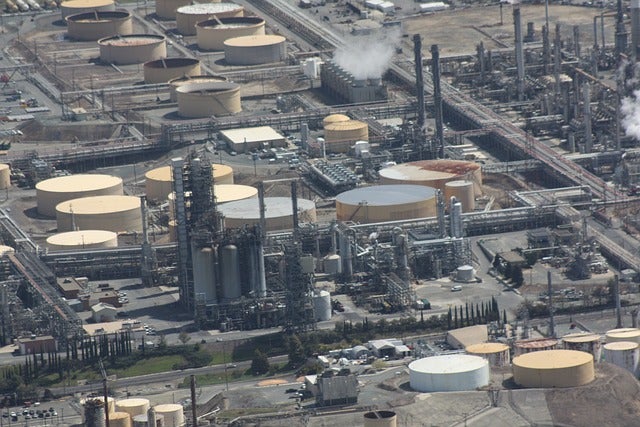
JGC and Hyundai Engineering & Construction have bagged the Papua LNG project downstream front end engineering design (FEED) contract from ExxonMobil on behalf of its venture partners.
The FEED and engineering, procurement, and construction (EPC) estimation contract is for the downstream liquified natural gas (LNG) facilities of the midstream project to be developed in Papua New Guinea.
JGC handles the overseas engineering, procurement, and construction (EPC) business of Japanese engineering company JGC Group.
The Papua LNG project will have an LNG liquefaction capacity of around four million tons per year (Mtpa). It will be built near the existing processing facilities of the PNG LNG project, located 20km northwest of Port Moresby.
Natural gas to be fed into the Papua LNG facility will be drawn from the Elk Antelope gas field. The midstream project also involves the use of 2Mtpa of liquefaction capacity in the existing trains of PNG LNG.
The LNG facilities will implement an E-Drive design in which electric motors will be used rather than the traditional gas turbines that drive the natural gas compressors. This will help cut down the emissions of CO2 during operations of the LNG trains, said JGC.
The Japanese firm stated: “The JGC Group has been responsible for the construction of LNG facilities accounting for more than 30% of world LNG production and is currently executing three projects: a large-scale LNG project in Canada, an FLNG project in Mozambique, and an FLNG project in Malaysia.”
ExxonMobil is responsible for the construction and operation of the e-trains of the Papua LNG project. The company’s partners in the project are TotalEnergies and Santos.
Presently, TotalEnergies is the operator of Papua LNG with a stake of 40.1%, while ExxonMobil and Santos own stakes of 37.1% and 22.8%, respectively.
Earlier this month, the partners launched the fully integrated FEED for the project, which will have a total of four electrical liquefaction trains.




